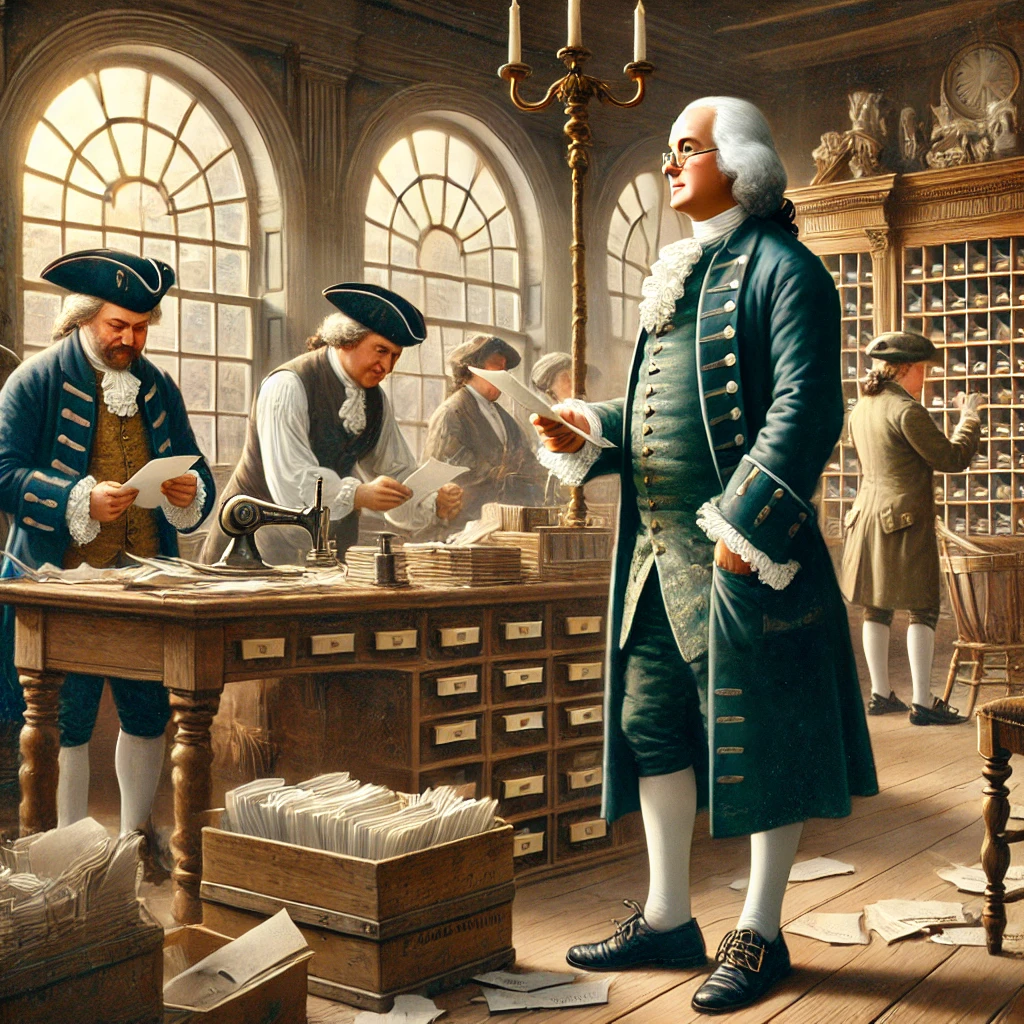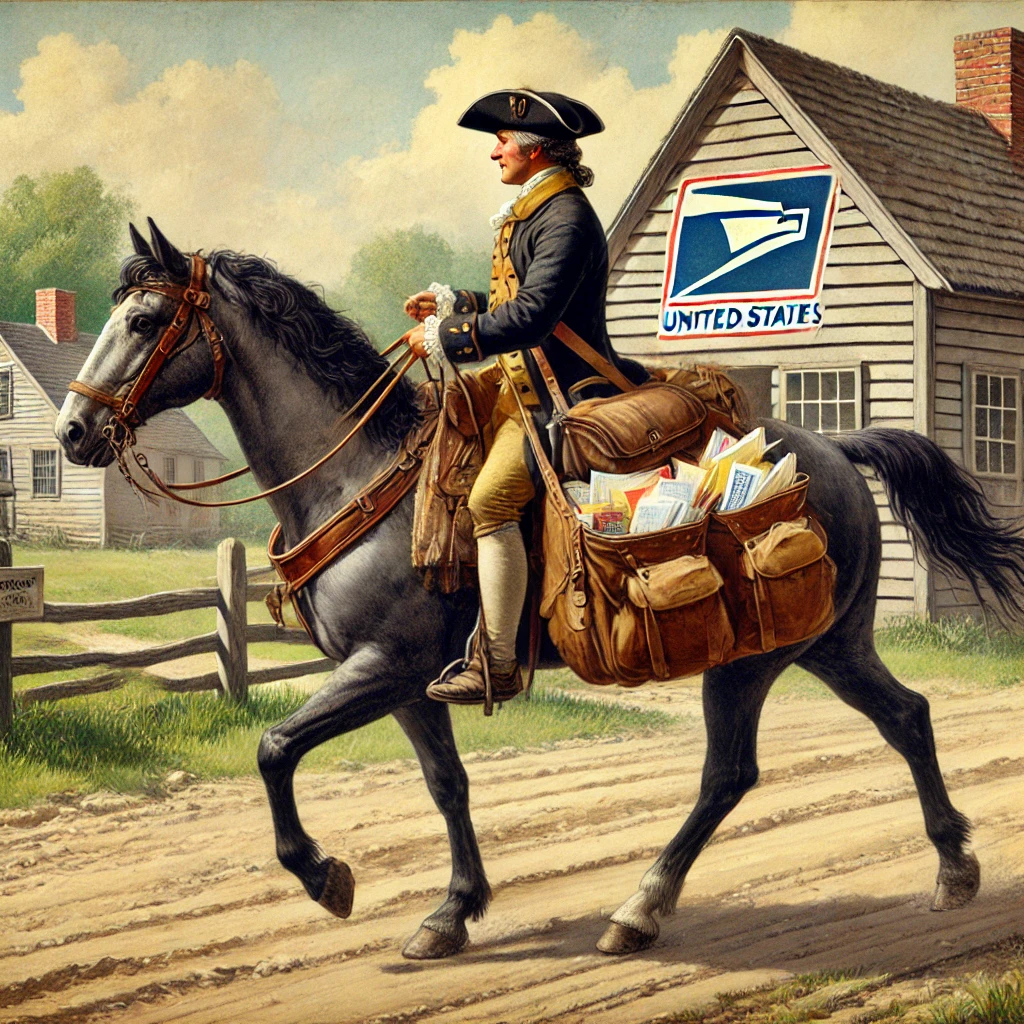A cornerstone of American communication was laid on February 20th, 1792, with the establishment of the United States Post Office. This pivotal moment in history paved the way for the development of the postal service as a vital component of national infrastructure. The creation of a standardized mail system not only ensured the secure and efficient delivery of correspondence but also played an instrumental role in shaping the nation’s economy, governance, and connectivity.

The Significance of the 1792 Postal Act
The foundation of the United States Post Office was solidified through the Postal Service Act, signed into law by President George Washington. This act established essential principles that would define the American postal system, including affordable rates, expanded mail routes, and the protection of personal correspondence from government scrutiny. The law recognized the necessity of a reliable mail network in fostering communication across the young republic, particularly in an era when news and information were primarily conveyed through written letters and printed materials.
Furthermore, the Post Office became an essential tool for unifying a growing nation. At a time when regional differences threatened national cohesion, an organized and efficient postal system enabled citizens to stay informed about political developments, business opportunities, and social affairs. The ability to disseminate newspapers and official documents through the mail helped to strengthen democratic engagement and foster a sense of shared national identity.
Expansion and the Role of the Postal Service in American Society

As the nation expanded westward, so too did the postal system. The United States Post Office grew to accommodate new territories, creating postal routes that linked remote settlements with major urban centers. The Pony Express, established in 1860, demonstrated the remarkable ingenuity and determination behind the postal service, ensuring that even the most isolated communities could receive news and correspondence in a timely manner.
The development of railroads and telegraph lines further revolutionized mail delivery, reducing travel times and increasing efficiency. The post office became an integral part of the country’s infrastructure, supporting businesses, enabling economic growth, and providing employment opportunities to thousands of Americans. By the late 19th century, the introduction of Rural Free Delivery (RFD) ensured that those living in the countryside could receive mail directly at their homes, rather than having to travel miles to the nearest town post office.
The Lasting Impact of the United States Post Office

Today, the United States Postal Service (USPS) remains a fundamental institution, adapting to the challenges of the modern era. Despite the rise of digital communication and private courier services, the USPS continues to serve as a lifeline for millions of Americans, particularly in rural and underserved areas. It facilitates commerce, supports elections through mail-in ballots, and delivers essential items such as medications and legal documents.
The principles set forth in the Postal Service Act of 1792—affordability, accessibility, and security—still guide the operations of the USPS today. The agency’s commitment to providing universal mail service ensures that every citizen, regardless of location or economic status, has the ability to communicate, conduct business, and participate in civic life. As debates about its future persist, the historic role of the United States Post Office as a unifying force and pillar of democracy remains undeniable.
From its humble beginnings in the 18th century to its continued relevance in the 21st, the postal system has shaped American society in profound ways. The establishment of the United States Post Office was more than a logistical innovation—it was a foundational step in building a connected and informed nation, ensuring that every American had a voice in shaping the country’s future.
